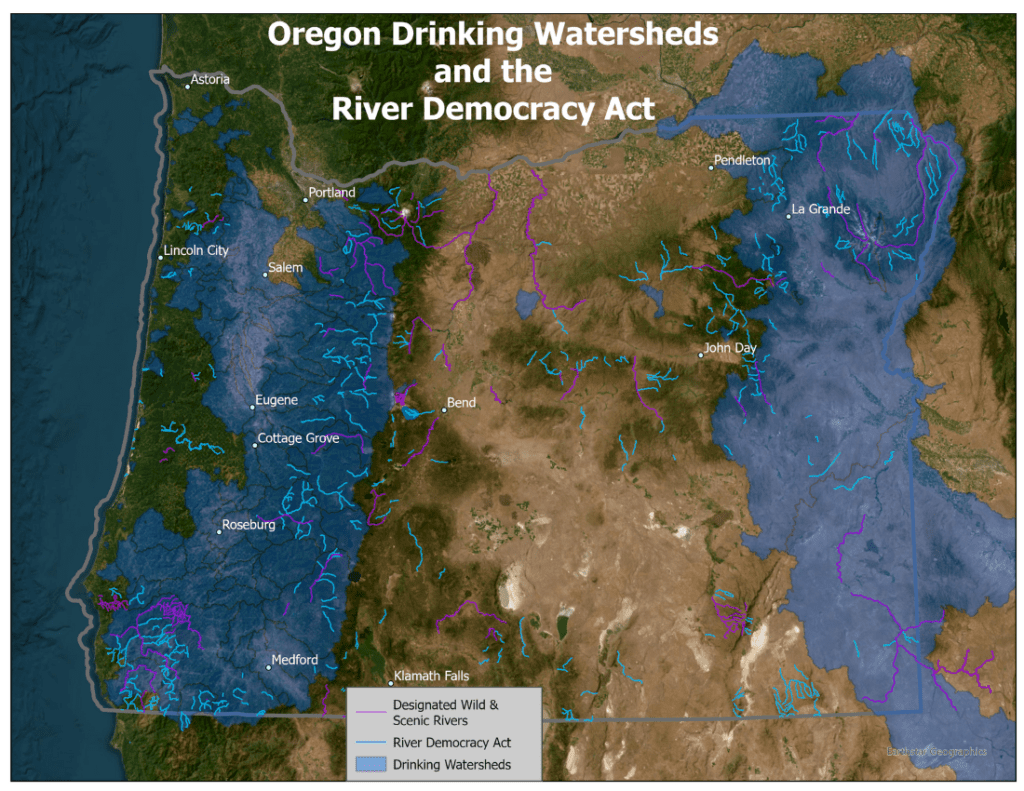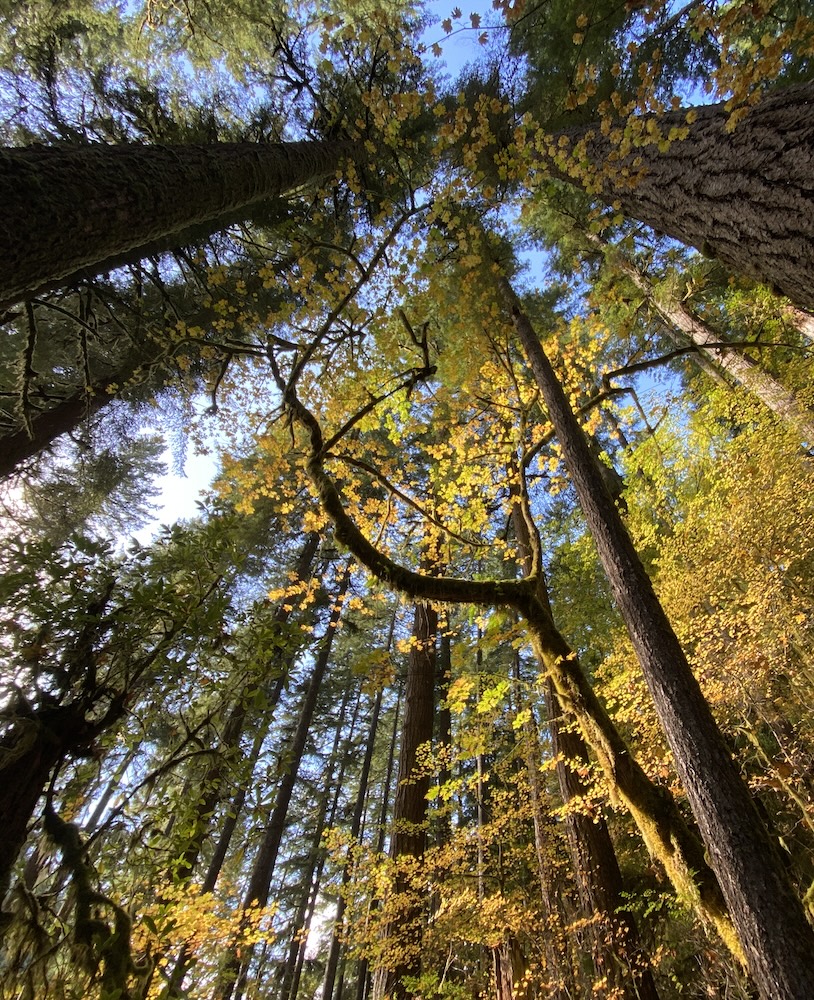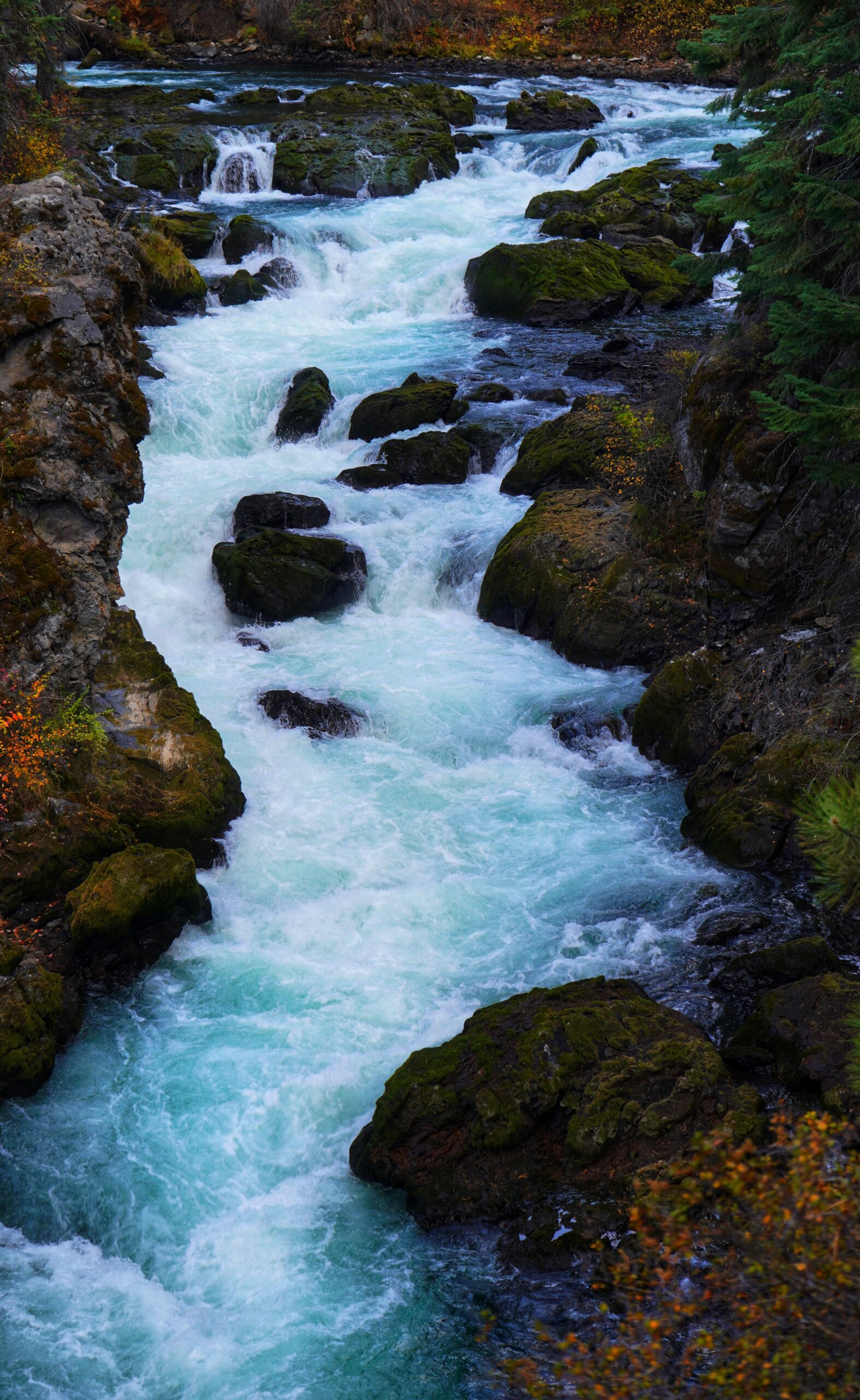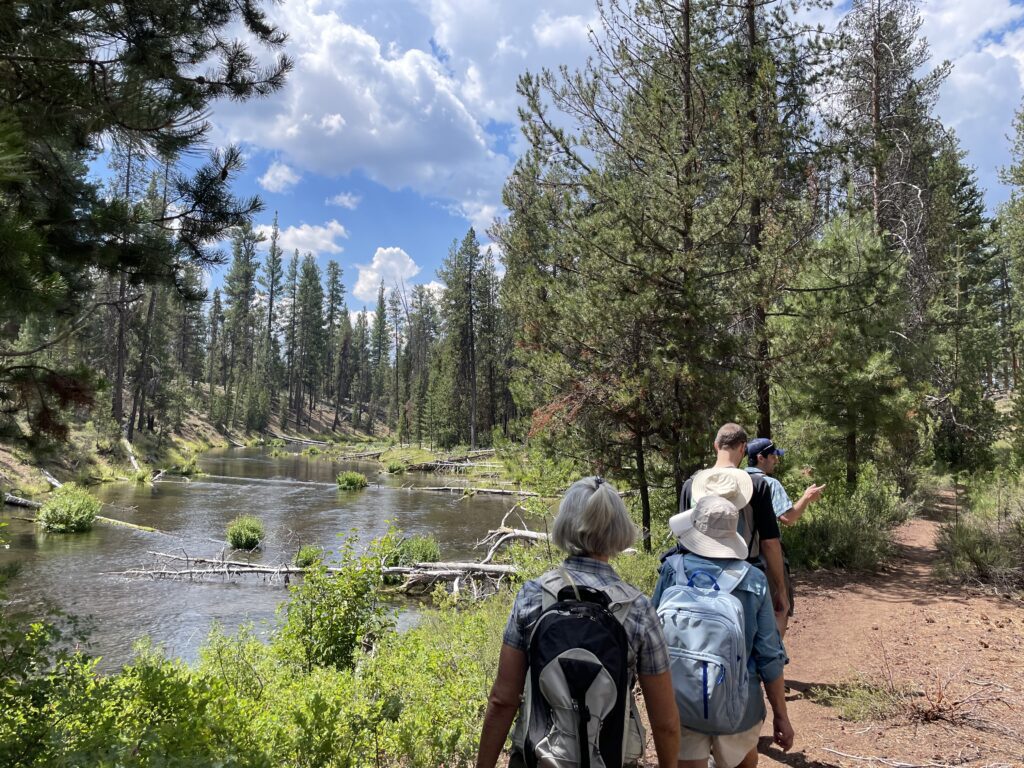Bend, Ore., — Today, Oregon Wild released a comprehensive report analyzing the significant positive impact the River Democracy Act would have on drinking water sources for communities across Oregon. This report highlights the potential role the River Democracy Act could play in safeguarding Oregon’s pristine rivers and watersheds, which are vital to the well-being of its residents and the state’s economy.
“By safeguarding watersheds that flow through public lands from reckless mining and logging, the River Democracy Act would provide important safeguards to drinking water,” said Wilderness Program Manager Erik Fernandez. “We ran the numbers, and over 1.3 million Oregonians in communities all across the state stand to have their drinking water better protected with the passage of this legislation.”

The River Democracy Act, introduced by Senators Ron Wyden and Jeff Merkley, aims to designate 3,200 miles of Wild & Scenic Rivers across Oregon, increasing the percentage of Oregon’s waterways protected as Wild & Scenic from 2 to 5%. Protected watersheds are crucial to clean, safe drinking water, and many Oregonians will benefit from this important legislation.
Protecting the Watersheds of Oregon
Oregon is renowned for its wild rivers, lush forests, and breathtaking landscapes. These natural wonders not only provide opportunities for recreation but also serve as the primary source of drinking water for a majority of the state’s population. Approximately 71% of Oregonians rely on streams and rivers, referred to as “surface water sources,” for their drinking water. The cleanest and safest water comes from waterways flowing through intact, mature, and old-growth public forest lands, which act as natural filters. These forests absorb, store, filter, and cool water, ensuring the highest water quality possible.
Intact watersheds not only protect water quality but also maintain water quantity, reducing the need for expensive water treatment and filtration. These healthy watersheds are the lifeblood of Oregon’s rural and urban economies. They support agriculture, Oregon’s thriving craft beer industry, outdoor recreation, and various local businesses.
Highlighted Drinking Watersheds in the Report
The River Democracy Act represents a critical step toward protecting Oregon’s clean drinking water. The report highlights a number of watersheds that would receive additional safeguards and the communities that would benefit from these additional protections, including but not limited to:
| The McKenzie River Watershed | 211,000 Oregonians |
| Tumalo Creek Watershed | 103,000 Oregonians |
| Rogue River | 140,000 Oregonians |
| Clackamas River | 317,000 Oregonians |
| Beaver Creek | 13,500 Oregonians |
“At Falling Sky, we believe in the importance of protecting our local rivers and tributary streams. Access to consistent and safe drinking waters is vital for our communities, and it also helps create better-quality beer. Water is a resource worth protecting, not only for today but our future too!”
– Stephen Such, owner Falling Sky Brewing in Eugene, Oregon.
“Our community relies on dependable, clean drinking water for everything from household use to being a key ingredient in locally brewed beer. I hope Congress will pass the River Democracy Act and help better protect drinking water for 100,000 central Oregonians.”
– Anthony Broadman, Bend City Councilor.
“The water provided to the community of Rhododendron Oregon by the Rhododendron Water Association has twice been voted ‘Best Tasting Surface Water’ in the state of Oregon. We are adamantly in favor of anything that can be done to better protect and preserve our drinking water supply.”
– Steve Graeper, President, Rhododendron Water Assoc.
Overview of the River Democracy Act
The River Democracy Act builds on the National Wild and Scenic Rivers System, established in 1968 to preserve rivers with exceptional natural, cultural, and recreational values. By designating protective buffer zones along designated rivers, the Act prevents activities that could degrade water quality and the rivers’ natural values. The Act seeks to safeguard recreation, water quality, fish, wildlife, and other important environment values.






